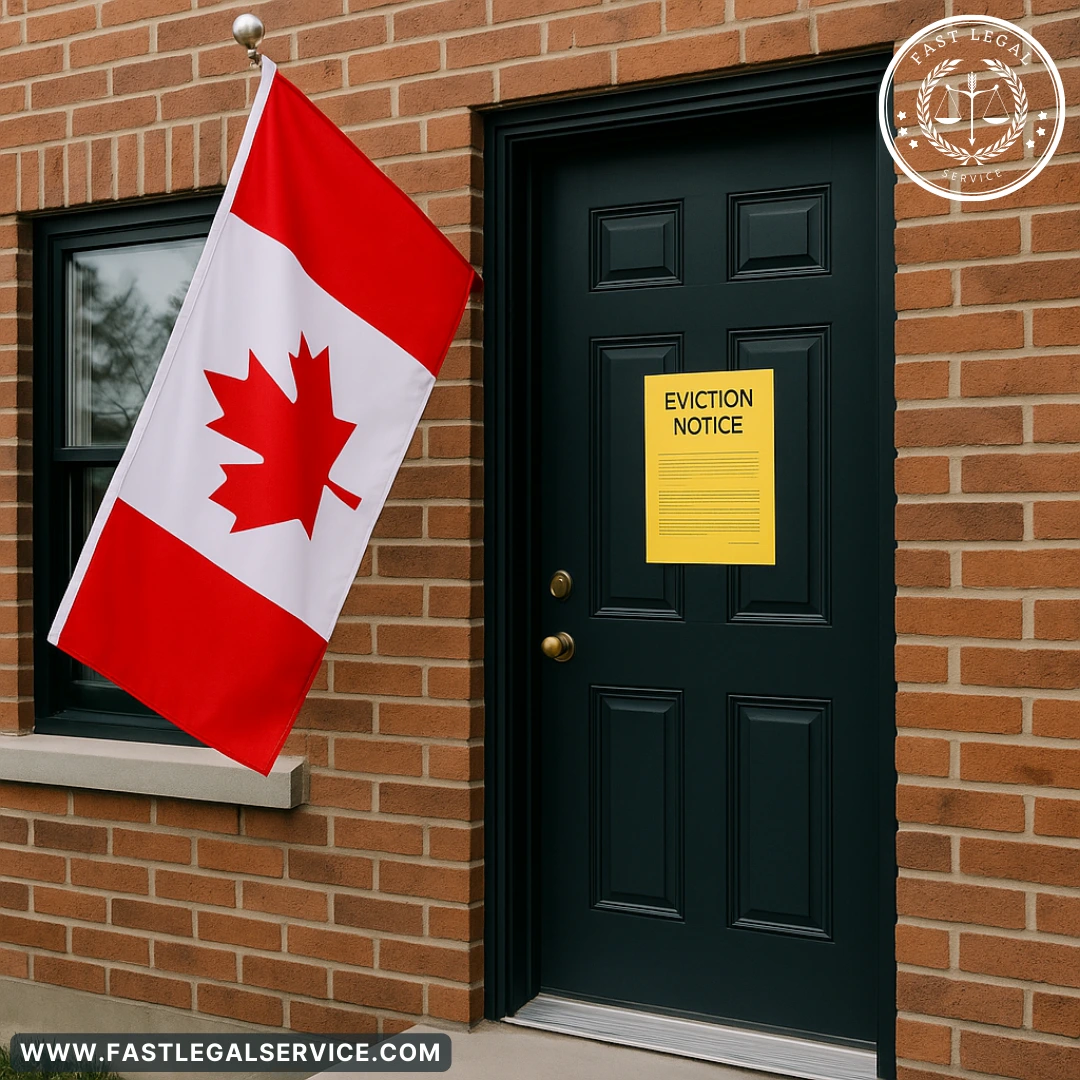
Receiving an eviction notice can be overwhelming — but as a tenant in Ontario, you have legal rights and protections. Evictions must follow specific procedures, and you don’t have to leave your home immediately.
Let’s explore what your rights are, what landlords are allowed to do, and how a licensed paralegal can help.
 What Is an Eviction Notice?
What Is an Eviction Notice?A landlord must serve an official eviction notice if they want to end your tenancy. Common notices include:
N4 – Non-payment of rent
N5 – Property damage or disturbance
N12 – Landlord or family member moving in
N13 – Demolition or major renovations

 When Is an Eviction Legal?
When Is an Eviction Legal?Evictions must follow the Residential Tenancies Act (RTA), and the process must include:
Proper notice with the correct form and timeline
Application to the LTB
A hearing where both sides present their case
A legal decision from the Board
Enforcement by the Sheriff if an eviction order is granted
It is illegal for a landlord to force a tenant to move out without an official LTB order.
 How Can a Paralegal Help?
How Can a Paralegal Help?A licensed paralegal can support you by:
Reviewing the validity of the notice
Preparing your defense
Attending the hearing on your behalf
Negotiating a payment plan or settlement
Challenging unlawful evictions
At Fast Legal Service, we provide honest, affordable legal support to help protect your housing and guide you through the process.
 What If I Can’t Pay Rent?
What If I Can’t Pay Rent?If you’re behind on rent, you still have options:
Request more time or a payment schedule
Dispute errors or late fees
Access financial assistance
Seek legal help immediately to avoid automatic eviction
We know how stressful it is to face losing your home — that’s why we offer accessible and compassionate legal support. Click here to get in touch.
To provide the best experience, we use technologies like cookies to store and/or access device information. Consenting to these technologies allows us to process data such as browsing behavior or unique IDs on this site. You can manage your preferences at any time. Not consenting or withdrawing consent may affect certain features and functions. For more information, please see our Privacy Policy.